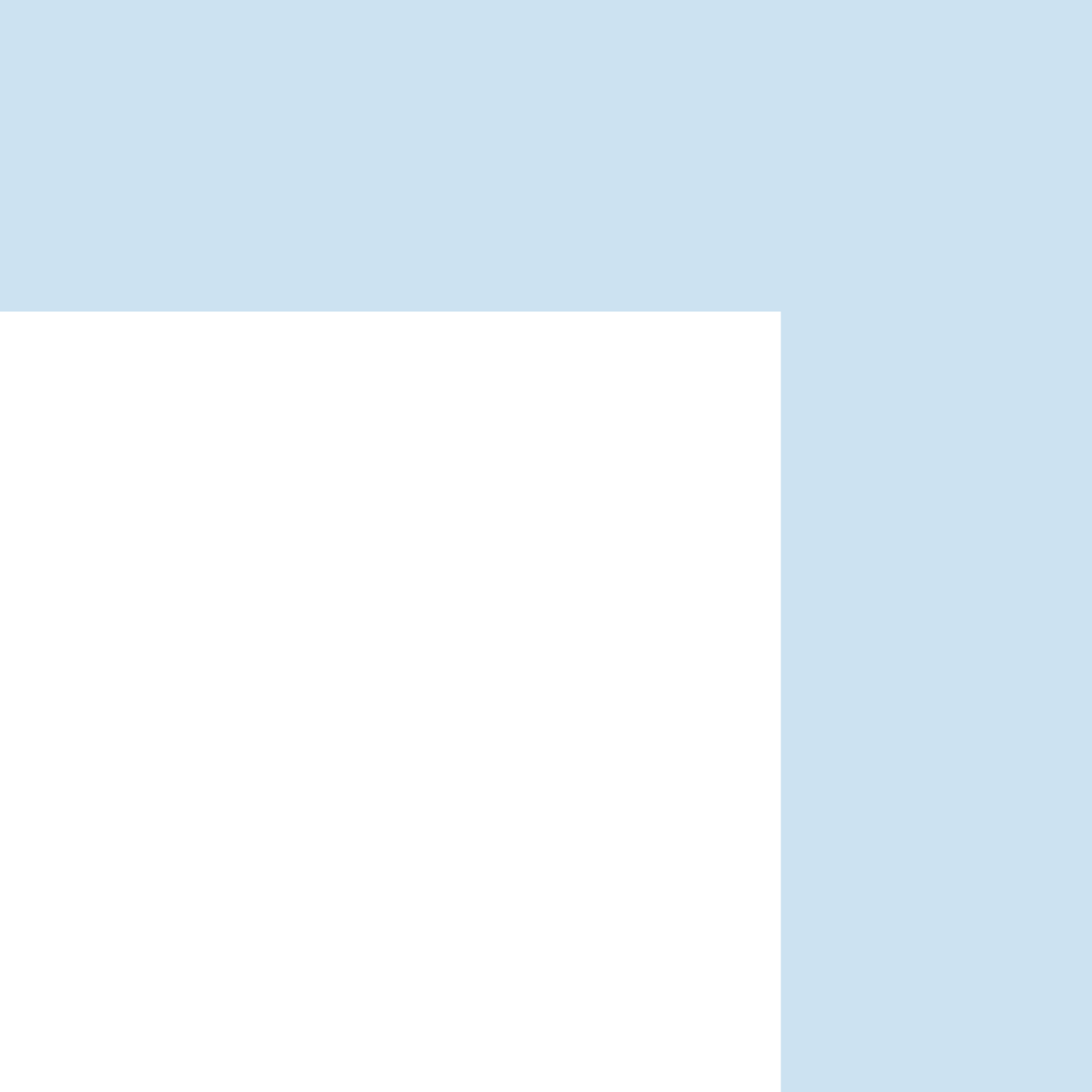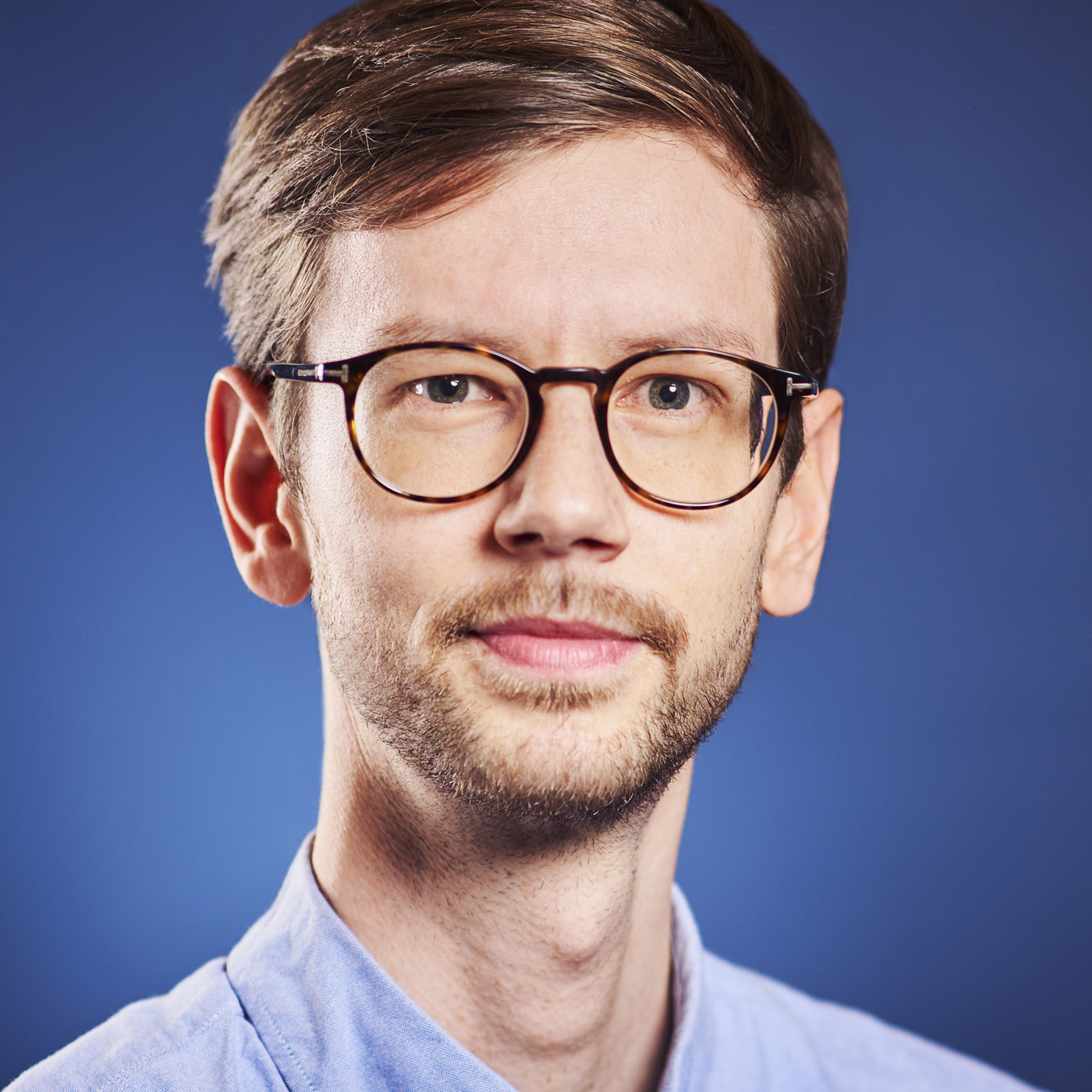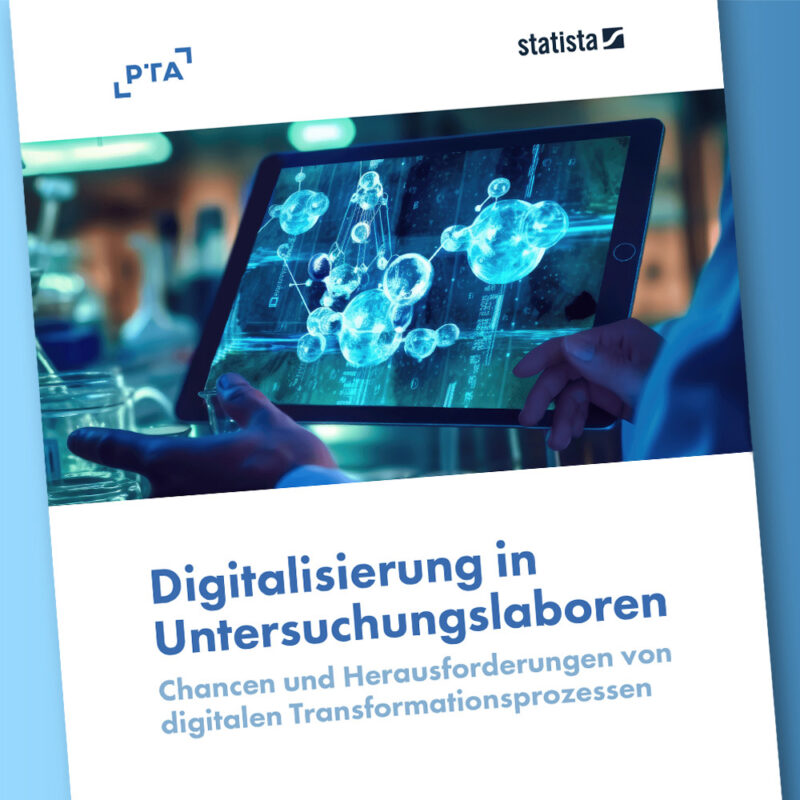University Innovation Challenge 2021 honored outstanding ideas from university founders
From university to business life
Agile start-ups that develop pioneering innovations and ideas are increasingly becoming a success factor in our economy. The rapid implementation of solutions and business ideas ensures our future viability. This was once again demonstrated by this year’s University Innovation Challenge (UIC), in which Handelsblatt, together with Goethe University Frankfurt, honored outstanding solutions developed in university research or by a start-up with a university background. The jury selected twelve finalists from 48 innovative start-ups in six categories, who presented their pitches live at the awards ceremony in the university’s casino on October 21. The expert audience then chose the winners. Dr. Thomas Steinmann, Head of Life Science at the management consultancy PTA GmbH, was a member of the jury in the “Medical Technology” category.
“Almost all the results at this year’s UIC were very close, which speaks for the quality of the finalists,” says Dr. Thomas Steinmann, summing up the award ceremony on the campus of Frankfurt’s Goethe University. “We didn’t make it easy for ourselves to choose this year’s winners.” As a member of the jury in the “Medical Technology” category, he selected the winners of the 2021 challenge: HBOX Therapies, which develops, produces and markets a platform technology for adjusting the oxygen content in the blood for therapeutic purposes – also known as hyperbaric oxygenation of blood. The jury was impressed by the groundbreaking concept that successfully treats carbon monoxide poisoning with a mobile device without the use of a pressure chamber, reduces the consequences of heart attacks and supports cancer treatments. HBOX thus presented a solution that has the potential to save thousands of lives.
PTA contributes expertise
As Head of Life Science at PTA, Dr. Thomas Steinmann is a proven expert in medical products and knows the market and its developments well. As a juror for UIC 2021, Dr. Steinmann supported the strengthening of the start-up culture in Germany with his knowledge and expertise. The IT consultancy based in Mannheim has also been active in the field of medical devices for 20 years, is ISO 13485 certified and not only supports customers in the development of medical devices, but also assists them with process consulting, software development and quality assurance. In more than 400 interface projects, the PTA consultants have proven that they know exactly how to integrate medical devices into existing healthcare ecosystems while complying with legal requirements regarding software and documentation.
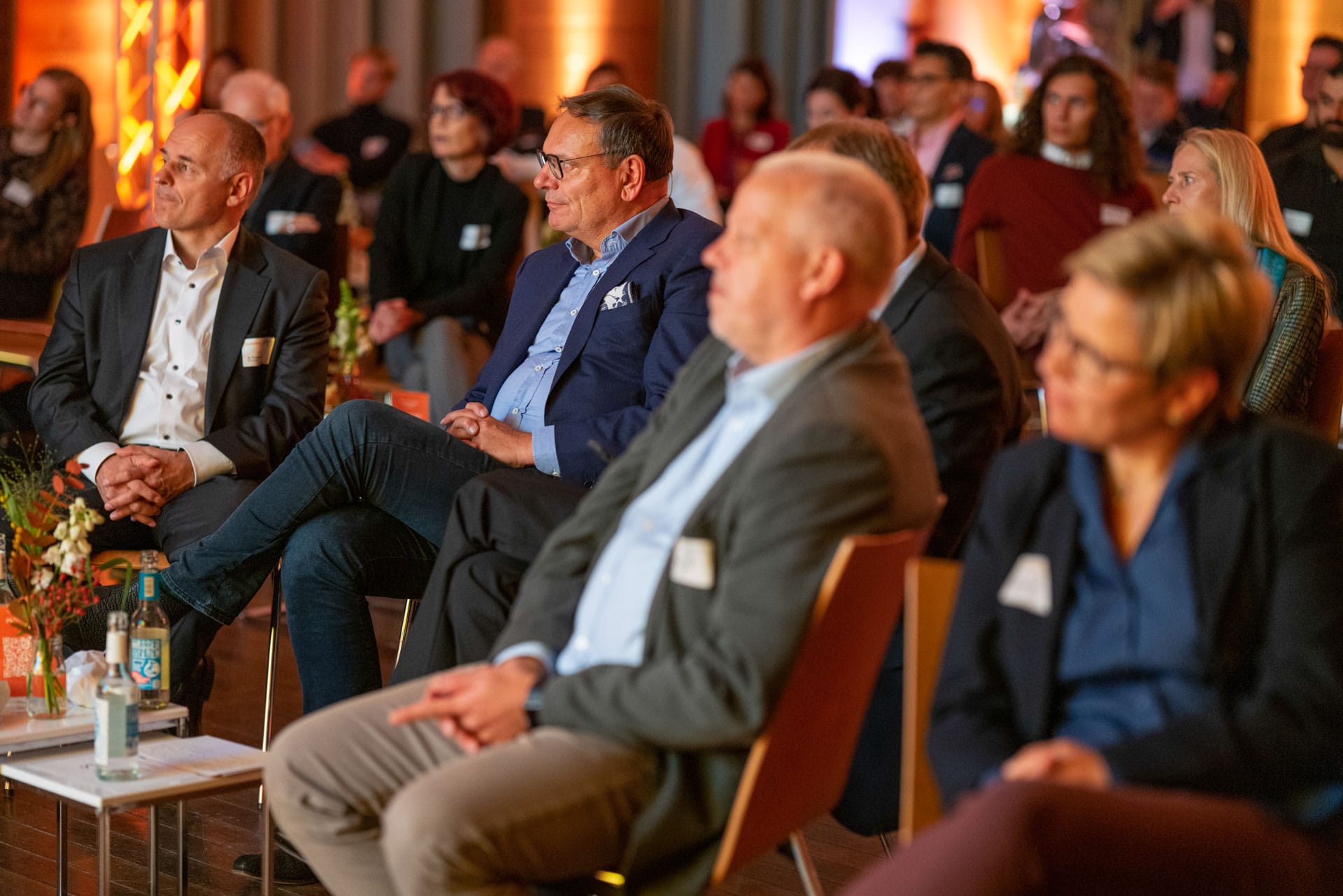
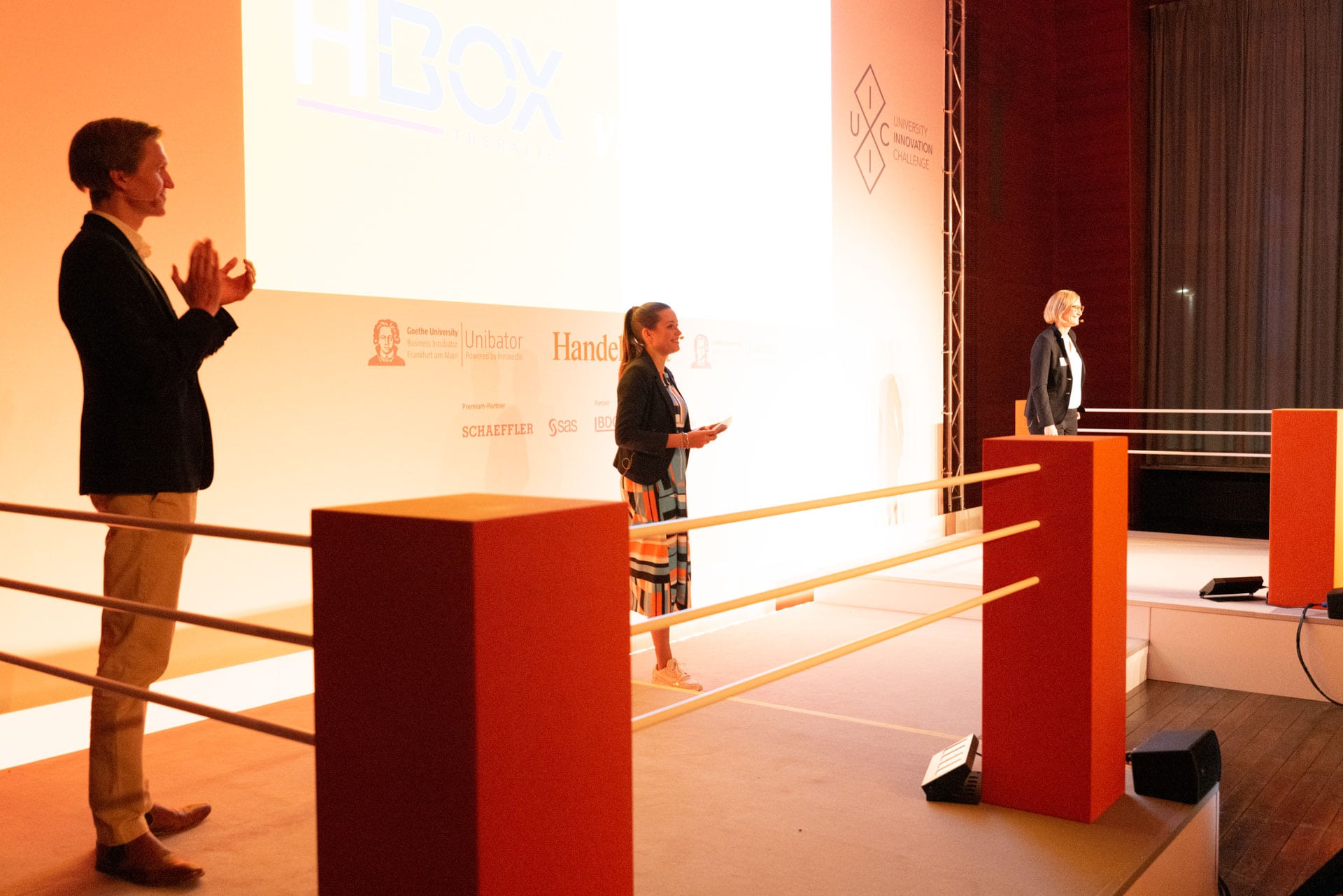
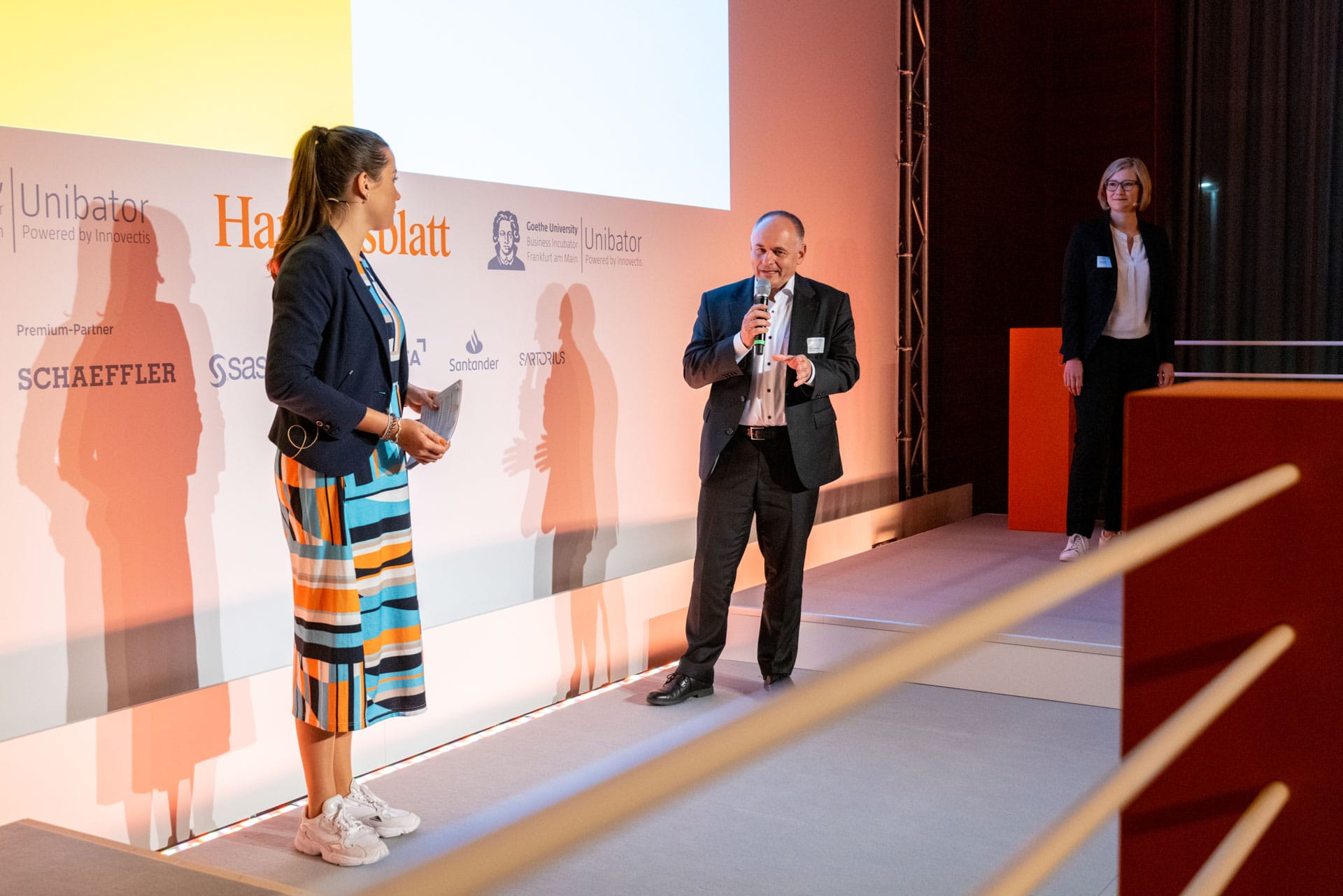
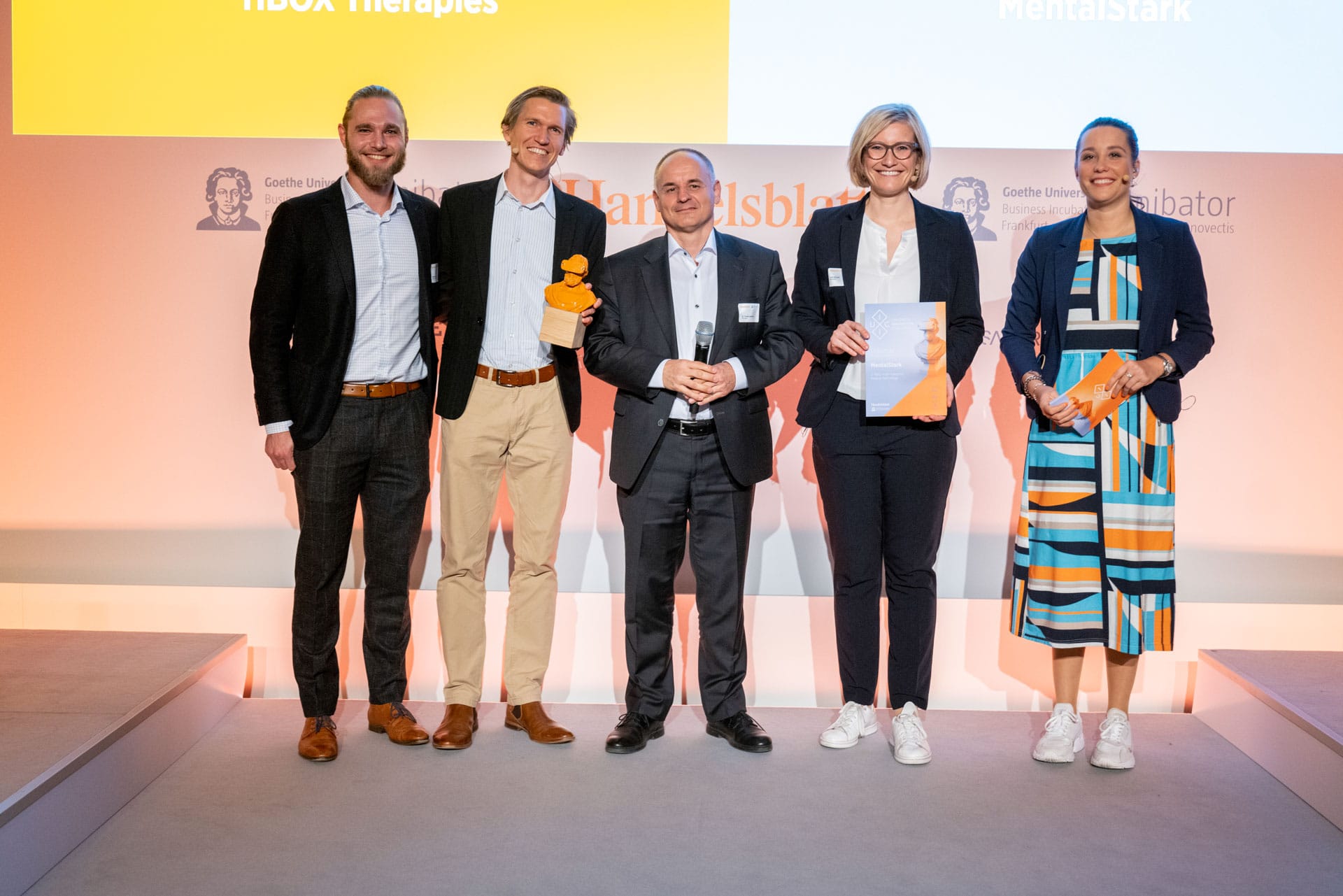
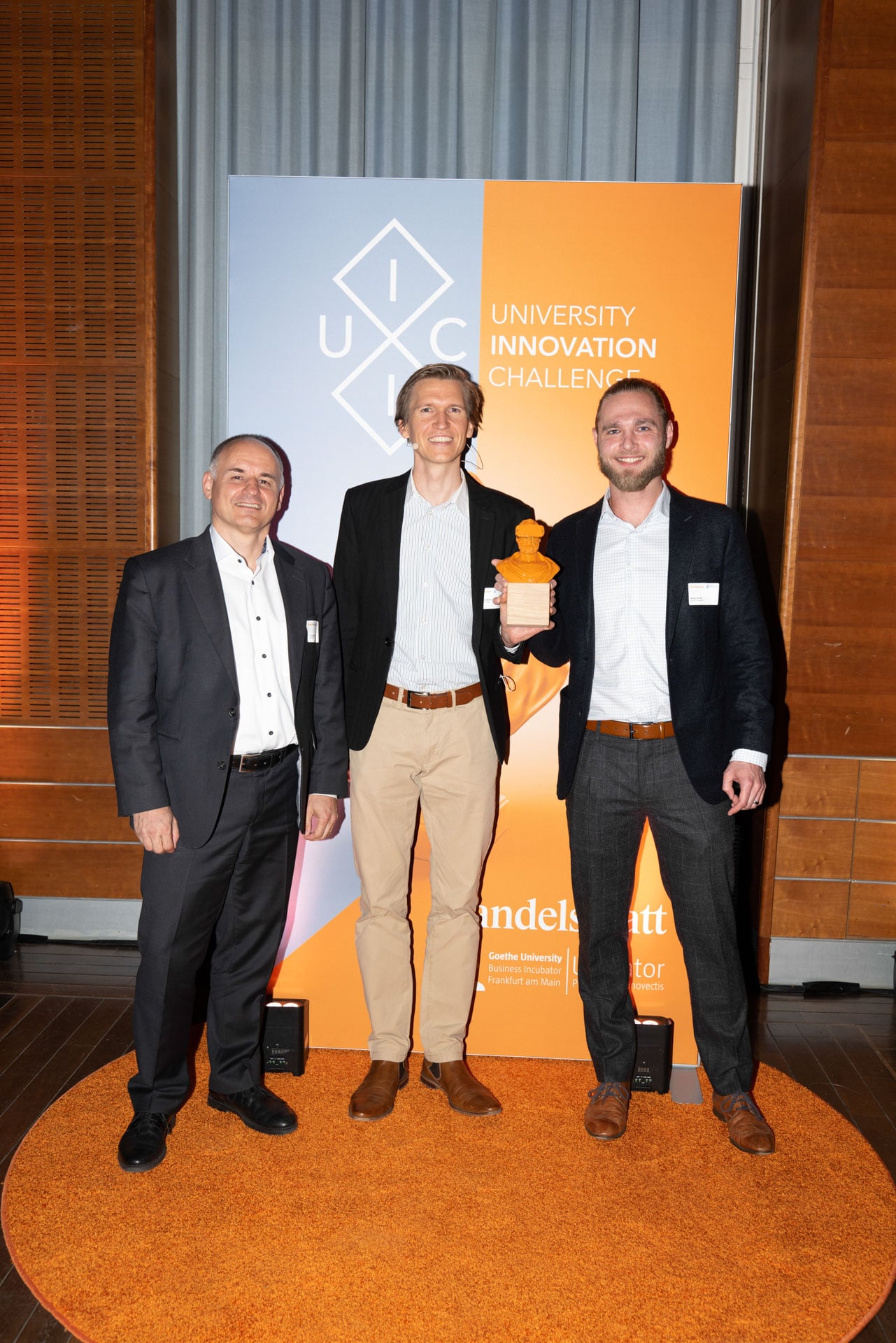
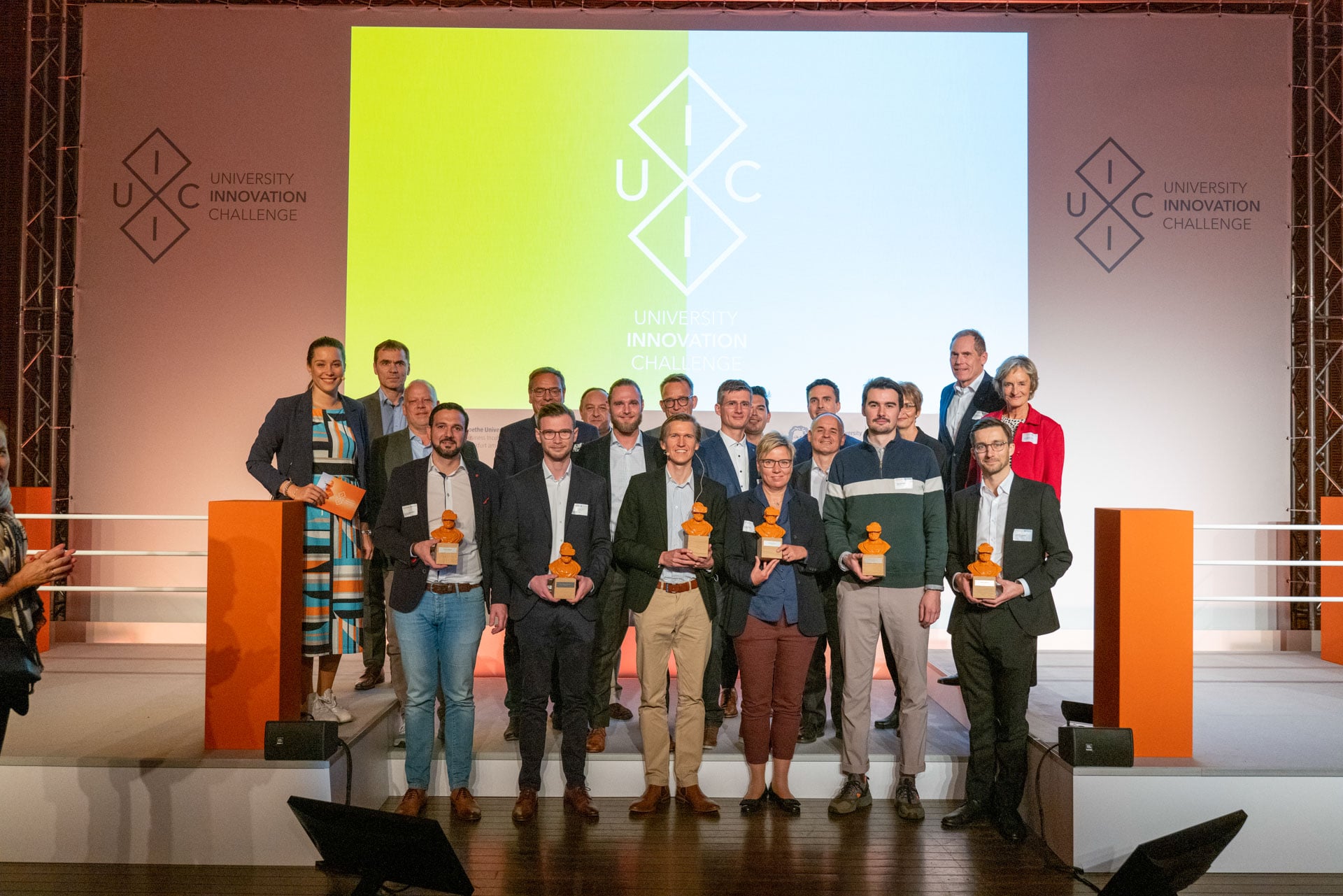
UIC opens up a fruitful win-win situation
“We are well aware of the hurdles that need to be overcome during the approval of a medical device and have been helping our customers to overcome them with ease for years. And we do this with individual advice and active support to the exact extent necessary, without creating excessive complexity,” the life science expert continues. With the partnership with the UIC, the PTA becomes part of the UIC network. This opens up great development potential for both start-ups and companies such as PTA: for the start-ups by making it easier for them to enter the market in cooperation with the companies and by finding proven sales structures. For the companies in exchange with the university founders in the development of new, forward-looking solutions. Competitions such as the UIC provide a valuable link between the university research environment and industry, pooling knowledge in subject areas that will be highly relevant in the future – and are already highly relevant today.
Enormous range of forward-looking ideas
All in all, the University Innovation Challenge brought to light a very broad range of solutions and business ideas. When it comes to areas such as artificial intelligence (AI), the workplace of the future, future life science, medical technology or future engineering, there is no shortage of entrepreneurial spirit and promising ideas in Germany. This is demonstrated, for example, by an AI application for optimizing the distribution of consumer goods or the presentation of the world’s sharpest blade from the field of future engineering: a method for reducing chip cutting waste from ten percent to almost zero percent. Also impressive was an AI solution designed to optimize the use, storage and marketing of renewable energies in real time and the attempt to use artificial intelligence to optimize the maintenance of vehicle fleets without any additional sensors. An approach that should be very interesting for the logistics sector. “The many application examples impressively demonstrated that universities have long since left their ivory towers and that many of their students and graduates are developing modern solutions in think tanks and incubators and consistently putting them into practice,” concluded Dr. Thomas Steinmann.
An overview of this year’s winners of the University Innovation Challenge can be found here.
